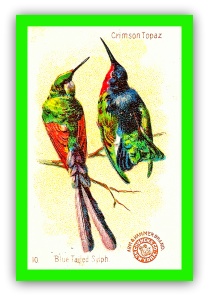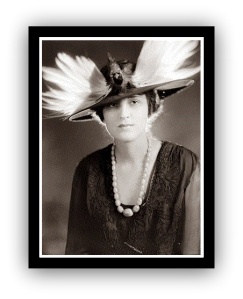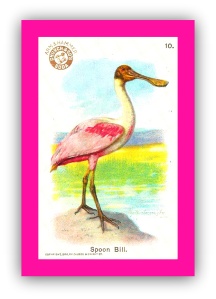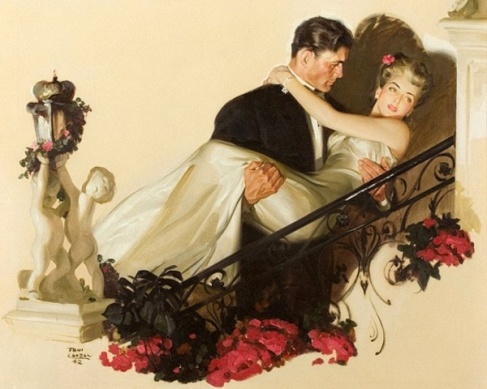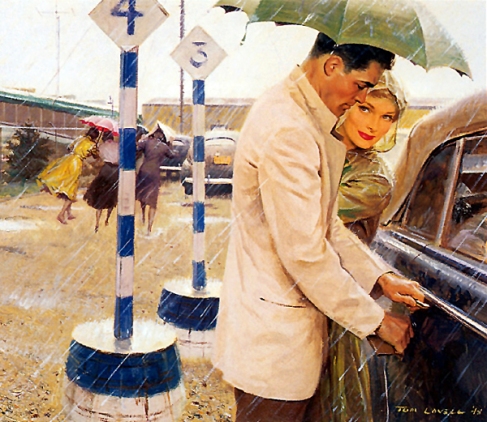 Mine is not a family of storytellers. I don’t know what my father did in World War II. I don’t know if his heart skipped a beat the first time he saw his future wife, my mother. I don’t know if there was an instant he doubted he would live when his sailboat was torn to toothpicks in a hurricane a mile off the Florida coast. That was an event. But he never made it a story to pass on to his children. And so I don’t know why or how he made it to shore across a mile of stormy seas, only that he did.
Mine is not a family of storytellers. I don’t know what my father did in World War II. I don’t know if his heart skipped a beat the first time he saw his future wife, my mother. I don’t know if there was an instant he doubted he would live when his sailboat was torn to toothpicks in a hurricane a mile off the Florida coast. That was an event. But he never made it a story to pass on to his children. And so I don’t know why or how he made it to shore across a mile of stormy seas, only that he did.
It might sound funny to wonder why he survived. But plenty of people wouldn’t have made it. Even people with the swimming skills and physical strength to make it. You also need a powerful will to live and the courage to face what look like insurmountable odds. He was sailing solo, so there was no one else to help make the decision to ride out the storm with the ship or to brave the raging seas. There was no easier choice to just follow someone else’s lead. Decisions don’t come any harder than the ones he had to make in his life. This was only foreshadowing what was to come.  Did he quickly calculate his odds and swim for shore as soon as he saw the boat was foundering, or did he try to hold her together till there was no hope left, braving seas that were by that time dramatically worse to try and save the boat he had lovingly built by hand? Did he risk going down with the ship by groping frantically through rising waters in the below-deck cabin for one treasured belonging he couldn’t bear to leave behind? If he did, what was so valuable that he risked his life over retrieving it? And when he reached shore did he walk away unscathed, or were his nights haunted with nightmares of drowning? A sea of churning water stood between him and life on that…that what? I don’t even know if it was night or day. Either way, he lived to not tell about it.
Did he quickly calculate his odds and swim for shore as soon as he saw the boat was foundering, or did he try to hold her together till there was no hope left, braving seas that were by that time dramatically worse to try and save the boat he had lovingly built by hand? Did he risk going down with the ship by groping frantically through rising waters in the below-deck cabin for one treasured belonging he couldn’t bear to leave behind? If he did, what was so valuable that he risked his life over retrieving it? And when he reached shore did he walk away unscathed, or were his nights haunted with nightmares of drowning? A sea of churning water stood between him and life on that…that what? I don’t even know if it was night or day. Either way, he lived to not tell about it.
As a child I one time skipped down barefoot onto a gnarl of fish hook cactus that lodged deep in the sole of my foot. My father came toward me to take it out and I warned him away with screams and tears. He laughed and asked if I intended to leave it there forever. Without an ounce of bravery, I had to think about it for a minute. If it had been me in that sinking boat, the smallest doubt of whether I could swim over raging seas and make it to land alive would have had me clutching to the last bit of floating debris of that boat like it was God Himself, and only He could save me from being swallowed by the sea. My fate would rest on how buoyant my bit of detritus was. I would use all my strength trying to make that shard of timber float, unable to trust my ability to survive a swim to shore.
 No such complications for my father. All my life he whistled while he shaved, sang while he worked, and went about his business with good cheer. Each day was a new opportunity to enjoy life, and whatever stories his past held, that’s where they stayed. When I grew up and became interested in him as a person as well as a father, one day I asked how he had the sheer guts and strength to get up and go back to work shortly after breaking his back and being paralyzed (for life) at 35. All he said was, “I had to, I had a family to feed.” Those words were plenty to tell me what he was made of, but I wanted all the elements of plot. I wanted the how and the why, and the who, what, and where. And yet I didn’t have the guts to ask.
No such complications for my father. All my life he whistled while he shaved, sang while he worked, and went about his business with good cheer. Each day was a new opportunity to enjoy life, and whatever stories his past held, that’s where they stayed. When I grew up and became interested in him as a person as well as a father, one day I asked how he had the sheer guts and strength to get up and go back to work shortly after breaking his back and being paralyzed (for life) at 35. All he said was, “I had to, I had a family to feed.” Those words were plenty to tell me what he was made of, but I wanted all the elements of plot. I wanted the how and the why, and the who, what, and where. And yet I didn’t have the guts to ask.
I wasn’t born yet when he fell off the roof of their new home and into a wheelbarrow, but I hurt to even think of all the crashing of bones and nerves and hearts and hopes and dreams that started when his body came freefalling onto the edge of that wheelbarrow spine-first. I wonder about the pain, how scared he must have been, how dashed his dreams, how fearful for his future, no less his pregnant wife’s and two young sons’.
In the hospital after his injury doctors tickled his feet. They poked his calves and pressed their fingers into his thighs. Nothing. No feeling. So they wouldn’t operate. They said it was no use. My grandmother stormed the hospital and they relented, slicing a 14-inch gash down his back. They poked around a bit, sewed him back up, and said, “Yep. He’ll never walk again.” He didn’t talk for a month. Then he dragged himself out of the hospital, stuffed his bodycasted self in the family Jeep with my mother and brothers, and said goodbye to their new home in Denver. They couldn’t think clearly there. They needed to re-gather their lives within the familiarity of the house they still owned in California, among loving family and concerned friends. For the next six months he taught himself to walk with a complex series of movements that began with swinging his hips and legs forward with the strength of his glutes. When his uncle, Pappy we called him, told him it was time to saw off his body cast and see what he had, that’s what he did. After fits and starts he began walking with two canes, then one, then finally none. Still with no feeling below his hips. But it was something. A miracle of the will.
After the injury he developed other strengths. His arms could hold all us children at once. His calm could make any problem, however seemingly tragic at first, suddenly approachable. His courage could hold the weight of all our worlds on his shoulders. But part of that courage came by refusing to consider himself in any way but like everybody else. He simply refused to treat himself as paralyzed, and damned if anyone else would dare. So if I asked even the most innocuous question about his injury, would opening up and talking about it, satisfying his cherished daughter’s curiosity, open a hole that let all that long-ago pain come rushing back? I wouldn’t risk it.
 That’s what I know. And I wouldn’t ask him for more. It wasn’t really lack of courage that stopped me from asking. I know that now. It was respect. Every day my father lived his life as a man with full use of his body would. He never gave in to physical limitations, never mind self-pity. He would not use handicap parking spaces. He coached and umpired Pony League baseball. He climbed on roofs and pounded them with sheets of shingles whenever that needed to be done, and I doubt he ever considered that irony.
That’s what I know. And I wouldn’t ask him for more. It wasn’t really lack of courage that stopped me from asking. I know that now. It was respect. Every day my father lived his life as a man with full use of his body would. He never gave in to physical limitations, never mind self-pity. He would not use handicap parking spaces. He coached and umpired Pony League baseball. He climbed on roofs and pounded them with sheets of shingles whenever that needed to be done, and I doubt he ever considered that irony.
He was a man of few words and was a firm believer that the value of a person’s life is in his deeds. That didn’t make him hard. Quite the opposite. He knew what a man is capable of. But he also knew how a man can suffer. Just seeing my father and what he did every day was enough to tell me the worth of the man. I didn’t need to know how he made it to shore to know he was strong. I didn’t need to know what he did in the war to know he was brave.
All this happened. And it affected our lives in unimaginable ways. In aggregate the consequences of that accident hurled our little family off orbit. He spent months at a time in the hospital because of internal injuries and infections and other complications. My mother tried to hold it all together, keeping house and feeding and caring for her three beloved children plus being a more intimate nurse to her husband than she could have ever dreamed of. But her struggles are a different story. The family is still trying to regain its balance now, a decade after he’s gone and well into his grandchildren’s adulthood. We’ll make it. In another generation the pain won’t even be a memory. But the family will be strong. Partly because he refused to let us be weak.
When he was late into his 70’s, on kidney dialysis for some kind of a record dozen years, his speech a little slurred from mini-strokes and body wasted by decades of the complications of paralysis, it finally occurred to me that he was not immortal. I asked him to write his life story. I wanted to know whatever stories he wished to share with me. He said he would, and so he spent his days at dialysis filling notebooks. His hands weakened and his handwriting deteriorated. We got him a dictation recorder, but he didn’t want to bother his fellow dialysees. So he went on with the notebooks, filling them with barely legible sentences and paragraphs and pages, pouring out his life with clearly apparent joy at what he had lived. He started with his grandparents, describing their lives, and four yellow-lined legal notebooks later he ended with his own early adulthood. That’s as far as he got before passing away on August 31, 1997, at 1:55 in the morning.
He never got to the part about the sailboat. But that’s alright. I know everything that’s important about my father.


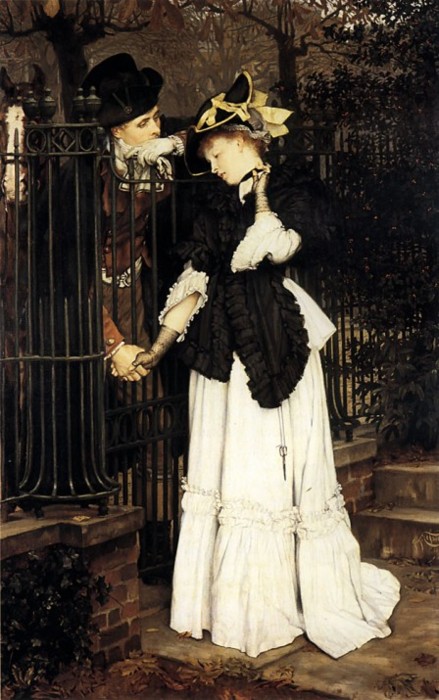
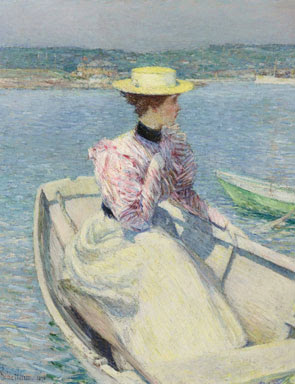 She waited for him. She taught school and lived with her parents in Oberlin, Ohio, where her father, Francis Otto Eggleston, was a pastor and her mother, Clara Brown Eggleston, was a successful businesswoman who owned and ran a boarding house for students.
She waited for him. She taught school and lived with her parents in Oberlin, Ohio, where her father, Francis Otto Eggleston, was a pastor and her mother, Clara Brown Eggleston, was a successful businesswoman who owned and ran a boarding house for students.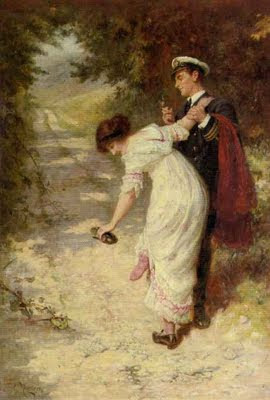 rk as a Methodist minister meant they moved often, and had lived in places as varied as Troy, New York and Knoxville, Tennessee, and she had boarded away from home at several schools.
rk as a Methodist minister meant they moved often, and had lived in places as varied as Troy, New York and Knoxville, Tennessee, and she had boarded away from home at several schools.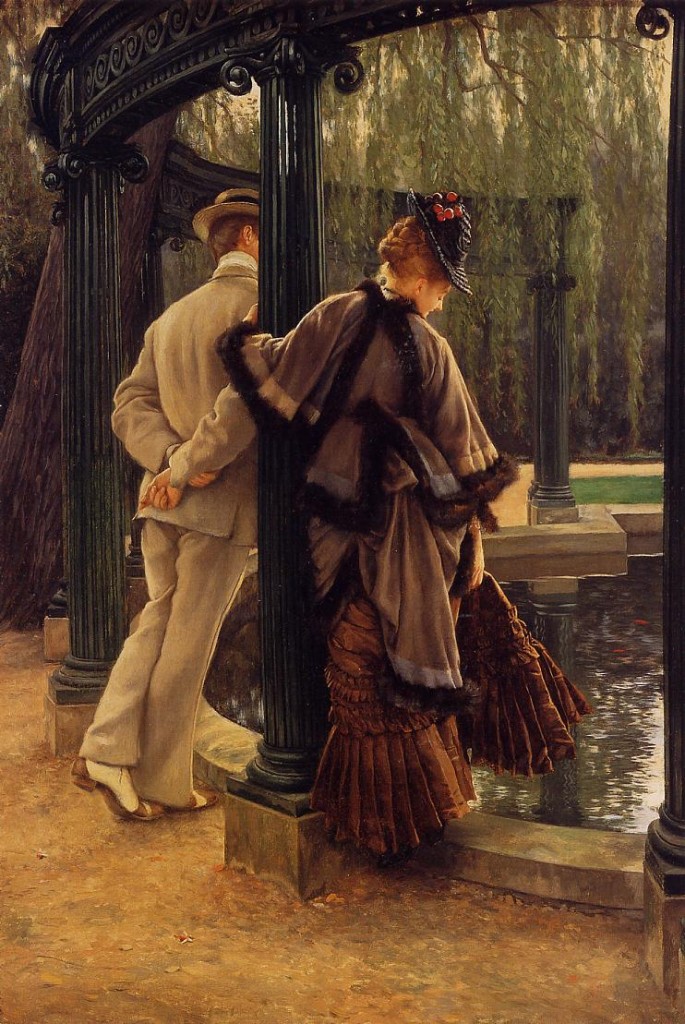
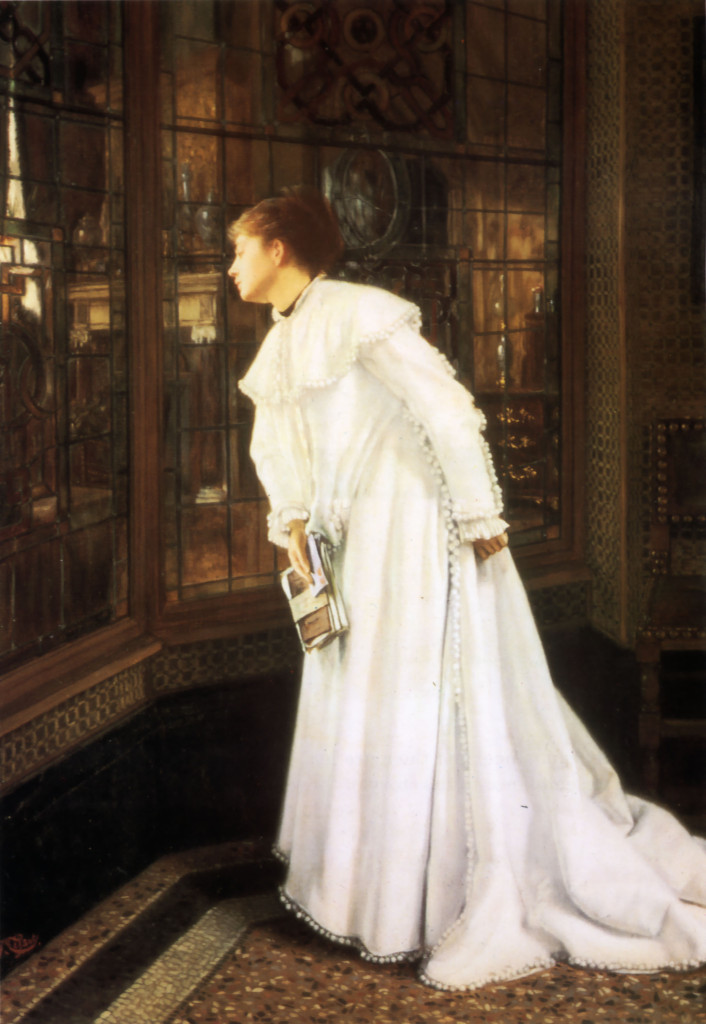 the door to her one-room house on an isolated sheep ranch amid a wilderness of desolation. And there they set out to make their lives, like fish out of water.
the door to her one-room house on an isolated sheep ranch amid a wilderness of desolation. And there they set out to make their lives, like fish out of water.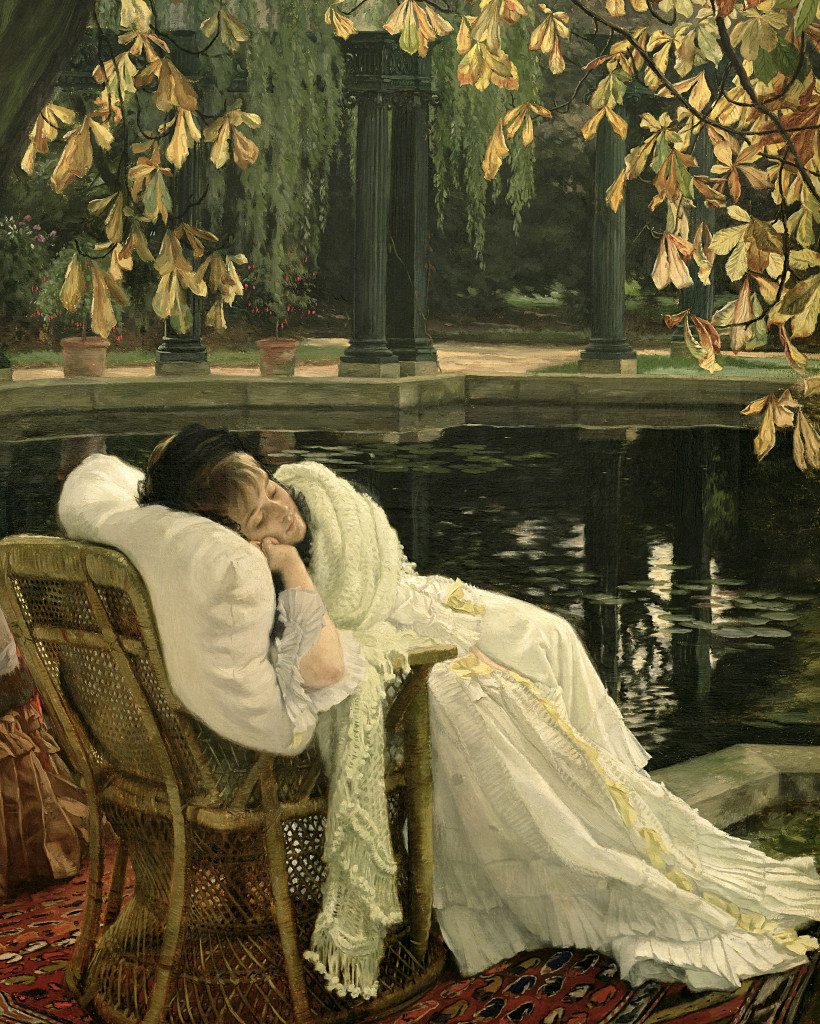 r from frivolous, she was serious-minded, and put her considerable intelligence to use on issues and questions of the day. Women’s suffrage, racial discrimination, hunger, and war occupied her thoughts and conversations. In that she and her erudite husband were well matched.
r from frivolous, she was serious-minded, and put her considerable intelligence to use on issues and questions of the day. Women’s suffrage, racial discrimination, hunger, and war occupied her thoughts and conversations. In that she and her erudite husband were well matched.
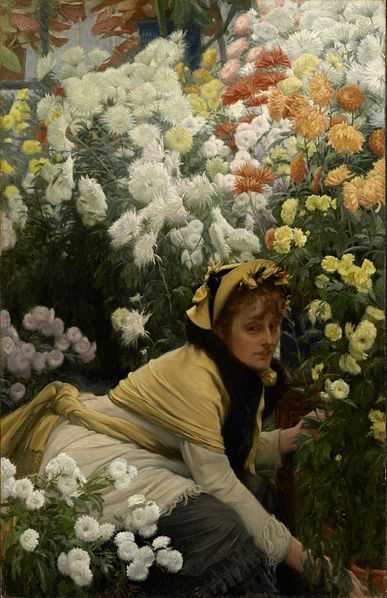

 John Boyd and Nancy Urie thought they found it in the unbroken wilderness of Pennsylvania’s Cumberland Valley.
John Boyd and Nancy Urie thought they found it in the unbroken wilderness of Pennsylvania’s Cumberland Valley. On February 10, 1756, John and his oldest son, William, started out for Stewart’s to buy a web of cloth.
On February 10, 1756, John and his oldest son, William, started out for Stewart’s to buy a web of cloth.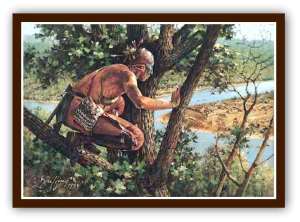 Their two sisters, Sallie and Rhoda, ten and seven, stayed inside with their mother and little brother.
Their two sisters, Sallie and Rhoda, ten and seven, stayed inside with their mother and little brother. He was concentrating so hard, in fact, that he didn’t hear the Iroquois Indian who had walked right up to him.
He was concentrating so hard, in fact, that he didn’t hear the Iroquois Indian who had walked right up to him. The Natives instructed the children to run.
The Natives instructed the children to run.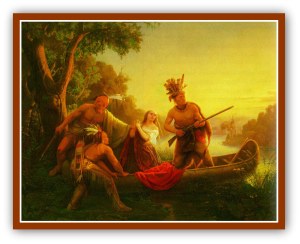 The children were traumatized. But they did as their captors told them, running on the trail, always running, and staying silent.
The children were traumatized. But they did as their captors told them, running on the trail, always running, and staying silent.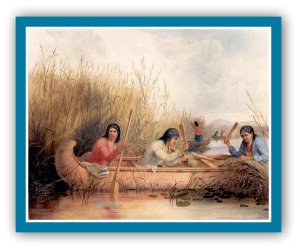 You would think that a captor brutal enough to slaughter a babe before his mother and a mother before her children could not show humanity.
You would think that a captor brutal enough to slaughter a babe before his mother and a mother before her children could not show humanity. hey learned lessons of the forest and the stars and the animals. They became what people of the day called white Indians.
hey learned lessons of the forest and the stars and the animals. They became what people of the day called white Indians.
 sure it’s because she disliked Scotch’s association with whiskey. And she never hyphenated “Scots” with the “Irish” part. To her, our ancestors were purely Scottish, and the fact that they passed through Ireland for a generation or two was of negligible consequence. Irish meant Catholic to Presbyterian her, and we assuredly were not Catholic, thank you very much, and here you can see where comes all the trouble in the Isles of England.
sure it’s because she disliked Scotch’s association with whiskey. And she never hyphenated “Scots” with the “Irish” part. To her, our ancestors were purely Scottish, and the fact that they passed through Ireland for a generation or two was of negligible consequence. Irish meant Catholic to Presbyterian her, and we assuredly were not Catholic, thank you very much, and here you can see where comes all the trouble in the Isles of England.
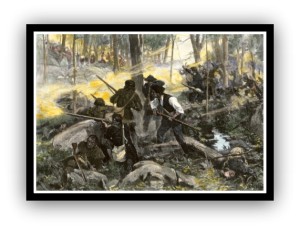
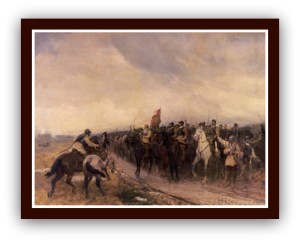
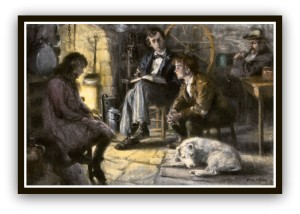
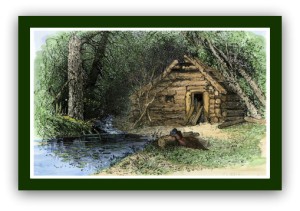
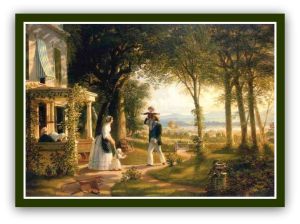
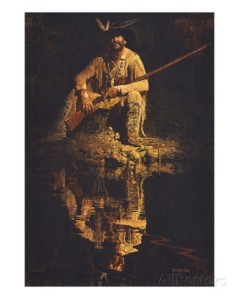 I can see now that it’s not about the fighting. It’s about the courage. They didn’t move into Ireland to fight. They didn’t sail to America to fight.
I can see now that it’s not about the fighting. It’s about the courage. They didn’t move into Ireland to fight. They didn’t sail to America to fight.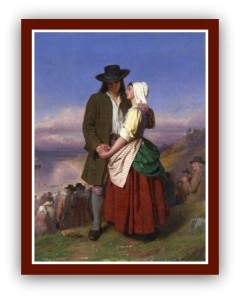 Now here we are further cementing the fate of these people by popularizing the fighting image, lauding them as heroes for sending their boys to fight our shared wars. This doesn’t mean we shouldn’t be proud of them, because we should. But we shouldn’t make it seem expected of them because they’ve got fighting in their blood and that’s always been their role.
Now here we are further cementing the fate of these people by popularizing the fighting image, lauding them as heroes for sending their boys to fight our shared wars. This doesn’t mean we shouldn’t be proud of them, because we should. But we shouldn’t make it seem expected of them because they’ve got fighting in their blood and that’s always been their role.






